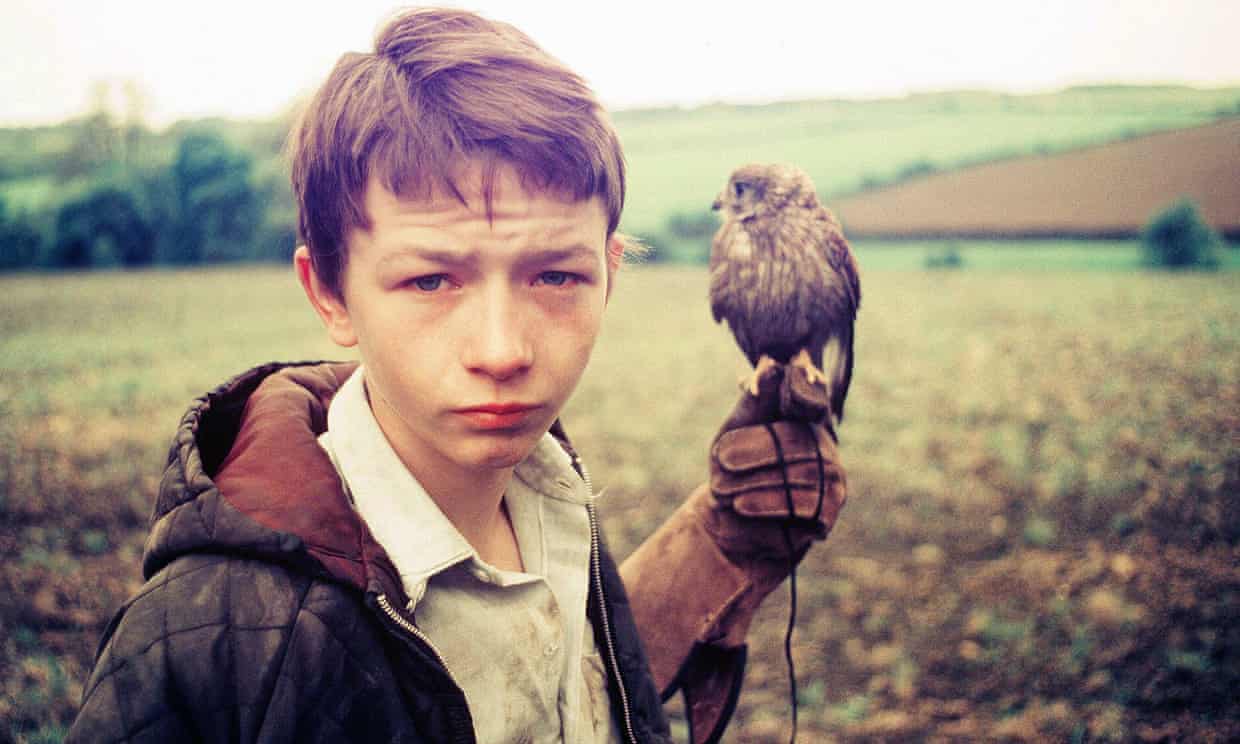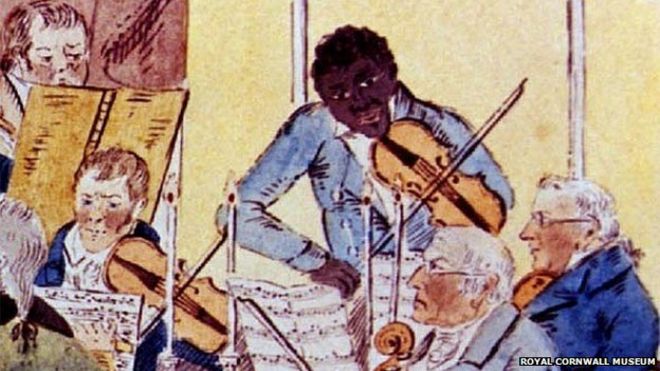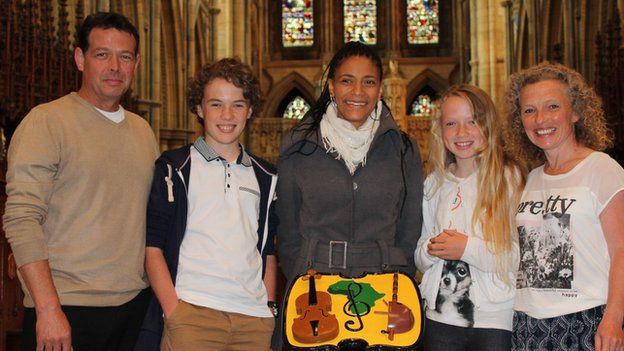Beyond the ‘Race’ Concept: The Reproduction of Racism in England
Sydney Studies in Society and Culture
Volume 4 (1988)
pages 7-31
Robert Miles, Associate Dean of Study Abroad and International Exchanges College of Arts and Sciences
University of North Carolina, Chapel Hill
Large numbers of people continue for long periods of time to cling to myth, to justify it in formulas that are repeated in their cultures, and to reject falsifying information when prevailing myths justify their interests, roles, and past actions, or assuage their fears. (Edelman, 1977:3)
The deepest instinct of the Englishman–how the word ‘instinct’ keeps forcing itself in again and again!–is for continuity: he never acts more freely nor innovates more boldly than when he is conscious of conserving or even of reacting (Enoch Powell, cited in Wood, 1965:145)
This is the doctrine of the new tribalism, and as such would make sure, if it prevailed, that there would be Washingtons and riots in Britain. (Times, 18.11.67)
Introduction
This paper has two objectives. First, it will summarise and develop my critique of the sociology of ‘race relations’ and the way in which it utilises the idea of ‘race’ as an analytical concept. It will be concluded from this that it is necessary to show why and how the idea of ‘race’ is employed in social relations rather than take for granted its commonsense status. The concepts of racialisation and racism will be shown to be central to this task. Second, as a way of illustrating the significance of this argument, I shall consider a key phase in the racialisation of domestic English politics. I show, first, how the 1964/ 70 Labour government initially employed the idea of ‘race’ to problematise the migrant presence in favour of the exposure of racism and, second, how Enoch Powell subverted a later attempt to do the latter by an ideological intervention which employed the category of ‘nation’ as an allusion to the idea of ‘race’.
The Ideological Character of ‘Race Relations’ Sociology
A confrontation with the idea of ‘race’ is a confrontation with the history and legacy of a central strand of Western thought. During the late eighteenth and the nineteenth centuries, the idea of ‘race’ occupied a key place in the attempt by intellectuals and politicians to understand the rapidly changing and expanding world in which they lived, and the successful attempt to attribute scientific status to the idea of ‘race’ is now well understood (Banton, 1977). That some eight million people had to die in the course of a political project influenced by that bogus science is also well understood, despite ongoing attempts by fascist groups to define this historical episode as a myth. The work of many biologists and geneticists both before and after the Holocaust has demonstrated, clearly and repeatedly, that the idea of there being discrete biological groups ranged in a hierarchy of superiority/ inferiority has no scientific foundation. Ambiguities remain in the way in which some of them contimie to employ the idea of ‘race’ within scientific discourse but where its use is maintained and defended, it is in terms which are clearly divorced from the nineteenth century emphasis upon the classification of phenotypical variation (Montagu, 1972). ‘Race’, in the sense of discrete sub-species, is no longer seriously considered to be biological fact. Thus ‘any use of racial categories must take its justifications from some other source than biology’ (Rose et. al., 1984:127).
Most social scientists accept and adopt this as their starting point when analysing the continuing reproduction of racism. But, in the course of rejecting scientific racism, many of them have incorporated the key ‘concept’ of scientific racism into their analytical framework. They have redefined ‘race’ as a social category and utilise it as both explanans and explanandum, in an attempt to constitute ‘race relations’ as a discrete object of analysis, about which theories can be formulated, tested and reformulated (e.g. Rex, 1970; cf. Miles, 1982, 1984b).
Historically, and in the contemporary world, people attribute meaning to particular patterns of phenotypical variation and act in accordance with that process of signification. The occurrence of this complex process of cognition and action is not contested. What is contested is the analytical method and concepts employed to understand and explain it. The conventional sociological method is to claim that, as a result of this process, ‘races’ are constituted and thereby come to relate to one another, and that the means and consequences of this fall into regular patterns which can be theorised. Thereafter, and crucially, ‘race’ is transformed into a real phenomenon which has identifiable effects in the social world. ‘Race’ becomes a variable with measurable consequences. Sociologists employ this variable to report that, for example, ‘race’ has important effects on educational achievement, that ‘race’ interrelates with class to produce multiple patterns of disadvantage, that ‘race’ intervenes in the political process affecting the way in which people vote, that ‘race’ determines an individual’s chances of being unemployed, arrested by the police or becoming a magistrate, and so on. That is, sociologists employ the idea of ‘race’ as an explanans, as an analytical concept identifying a phenomenon with determinant effects.
This is a classic example of reification. There is no identifiable phenomenon of ‘race’ which can have such effects on social relations and processes. There is only a process of signification in the course of which the idea of ‘race’ is employed to interpret the presence and behaviour of others, a conceptual process which can guide subsequent action and reaction. This complex of signification and action, where it occurs systematically over periods of time, has structural consequences. This complex can be referred to as a process of racialisation, a concept which refers to the social construction but also refers to patterns of action and reaction consequent upon the signification. Within this process, the ideology of racism plays a central role by offering criteria upon which signification can occur, attributing negative correlates to all those possessing the real or alleged criteria, and legitimating consequent discriminatory behaviour or consequences…
Read the entire article here.





